In today’s increasingly competitive and technology-driven agricultural industry, the efficient utilization of modern agricultural equipment has become imperative for farmers looking to maximize their productivity and profitability. With advancements in technology, farm machinery has evolved significantly over the years, making it necessary for farmers to invest in state-of-the-art equipment to remain competitive. This article will explore the benefits of investing in agricultural equipment and highlight some of the crucial factors that farmers should consider before making a purchase. Enhanced Productivity: One of the primary advantages of acquiring modern agricultural equipment is the significant increase in productivity it offers. Automated machinery, such as tractors, harvesters, and seeders, can greatly reduce the time and effort required to perform essential farming tasks. These advanced tools are equipped with cutting-edge technology that optimizes operations, enabling farmers to complete tasks more efficiently. For example, precision agriculture technology allows farmers to precisely apply fertilizers and pesticides, leading to higher crop yields and reduced wastage. The use of machinery also reduces the dependency on manual labor, ensuring that farmers can effectively utilize their available workforce on other crucial tasks. Cost-effectiveness: While the initial investment in agricultural equipment may seem substantial, it is a long-term investment that can ultimately yield significant cost savings. High-performance machinery allows farmers to cover larger areas of land in significantly less time, ultimately reducing labor costs. Additionally, modern equipment is built using durable materials that are more resilient to wear and tear, resulting in reduced maintenance and repair expenses. Moreover, the integration of advanced technology in agricultural equipment enables farmers to monitor their operation’s fuel and resource consumption more effectively, enabling them to optimize their usage and minimize waste. Improved Efficiency: Accuracy and precision are essential in farming operations, and modern agricultural machinery allows for precise execution of tasks. Whether it’s planting, spraying, or harvesting, advanced equipment is built with innovative features and sensors that ensure accurate operations, maximizing efficiency. These advancements also contribute to an overall reduction in post-harvest losses, better crop quality, and enhanced cost management. Farmers can also use data collected by machinery sensors and GPS systems to monitor factors such as soil moisture, temperature, and nutrient levels, enabling them to make informed decisions regarding their farming practices. Sustainable Practices: As the global population continues to increase, there is a growing need for sustainable farming practices. Agricultural equipment manufacturers recognize this and are developing machinery that is more eco-friendly.
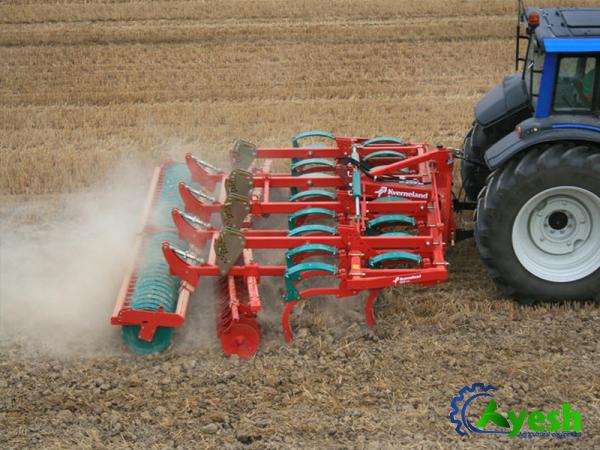
.
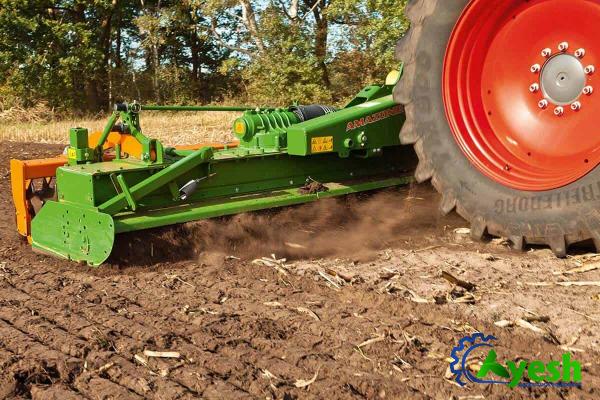 For example, some manufacturers now produce machinery that runs on cleaner fuels, such as natural gas or biodiesel, reducing emissions. Additionally, the incorporation of precision agriculture techniques allows farmers to apply fertilizers and pesticides only where needed, minimizing environmental impact. Considerations before Purchasing: When planning to invest in agricultural equipment, farmers should consider a few vital factors. Firstly, it is essential to thoroughly analyze their specific farm requirements and determine which machinery would best suit their needs. Farmers should also choose machinery from reputable manufacturers known for their quality and reliability. Considering the availability of spare parts and after-sales service is also crucial before making a purchase decision. Lastly, farmers should evaluate their budget and explore financing or lease options that can make high-quality equipment more accessible. Conclusion: Investing in modern agricultural equipment offers numerous benefits to farmers, including enhanced productivity, cost-effectiveness, improved efficiency, and sustainable practices. However, it is crucial for farmers to conduct thorough research and consider various factors before making a purchase. By carefully selecting the right machinery and ensuring proper maintenance, farmers can equip themselves with the tools necessary to succeed in today’s competitive agricultural industry.
For example, some manufacturers now produce machinery that runs on cleaner fuels, such as natural gas or biodiesel, reducing emissions. Additionally, the incorporation of precision agriculture techniques allows farmers to apply fertilizers and pesticides only where needed, minimizing environmental impact. Considerations before Purchasing: When planning to invest in agricultural equipment, farmers should consider a few vital factors. Firstly, it is essential to thoroughly analyze their specific farm requirements and determine which machinery would best suit their needs. Farmers should also choose machinery from reputable manufacturers known for their quality and reliability. Considering the availability of spare parts and after-sales service is also crucial before making a purchase decision. Lastly, farmers should evaluate their budget and explore financing or lease options that can make high-quality equipment more accessible. Conclusion: Investing in modern agricultural equipment offers numerous benefits to farmers, including enhanced productivity, cost-effectiveness, improved efficiency, and sustainable practices. However, it is crucial for farmers to conduct thorough research and consider various factors before making a purchase. By carefully selecting the right machinery and ensuring proper maintenance, farmers can equip themselves with the tools necessary to succeed in today’s competitive agricultural industry.
..
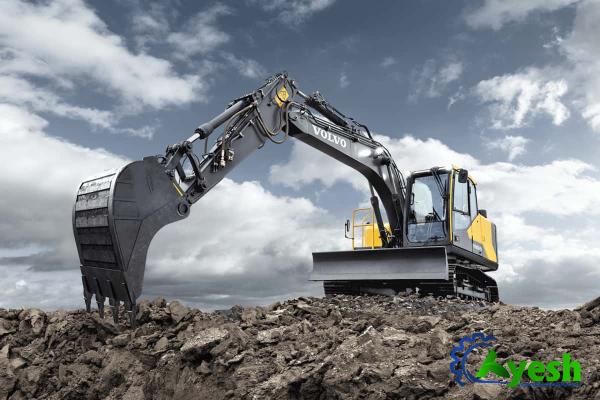 In addition to the considerations mentioned above, farmers should also stay updated on the latest advancements in agricultural technology. With the rapid pace of innovation, new equipment and tools are constantly being introduced to the market, offering even greater efficiency and productivity. Attending industry trade shows and conferences, subscribing to agricultural publications, and joining online communities can provide valuable insights into emerging trends and technologies. Furthermore, farmers should not overlook the importance of training and education when it comes to operating and maintaining agricultural equipment. Manufacturers often provide training programs or resources to help farmers maximize the benefits of their machinery. Investing the time and effort into learning how to use equipment properly can prevent accidents, extend the lifespan of the machinery, and ensure optimal performance. Collaboration and networking among farmers can also be beneficial. Sharing experiences, ideas, and best practices allows farmers to learn from one another and gain insights into the most effective use of agricultural equipment.
In addition to the considerations mentioned above, farmers should also stay updated on the latest advancements in agricultural technology. With the rapid pace of innovation, new equipment and tools are constantly being introduced to the market, offering even greater efficiency and productivity. Attending industry trade shows and conferences, subscribing to agricultural publications, and joining online communities can provide valuable insights into emerging trends and technologies. Furthermore, farmers should not overlook the importance of training and education when it comes to operating and maintaining agricultural equipment. Manufacturers often provide training programs or resources to help farmers maximize the benefits of their machinery. Investing the time and effort into learning how to use equipment properly can prevent accidents, extend the lifespan of the machinery, and ensure optimal performance. Collaboration and networking among farmers can also be beneficial. Sharing experiences, ideas, and best practices allows farmers to learn from one another and gain insights into the most effective use of agricultural equipment.
…
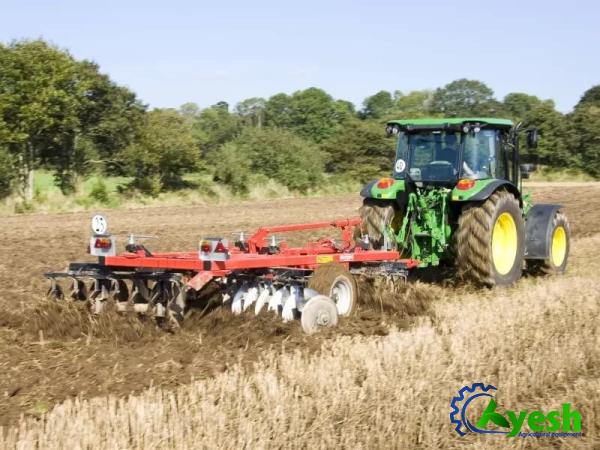 Local farmers’ groups, co-operatives, or agricultural associations can facilitate these interactions and provide a platform for knowledge exchange. Lastly, when considering the purchase of agricultural equipment, farmers should take advantage of any available financial incentives or grants. In many countries, governments and agricultural organizations offer programs to support farmers in acquiring modern equipment. These programs often aim to promote sustainable farming practices or help farmers improve their competitiveness. Researching and applying for such initiatives can help reduce the financial burden of equipment investment. In conclusion, investing in modern agricultural equipment is integral to the success of today’s farmers. The benefits of enhanced productivity, cost-effectiveness, improved efficiency, and sustainable practices are undeniable. By carefully evaluating their specific needs, considering reputable manufacturers, staying informed about the latest technologies, obtaining proper training, collaborating with other farmers, and exploring available financial incentives, farmers can make informed decisions and ensure that their investment in agricultural equipment maximizes their productivity and profitability in the long run.
Local farmers’ groups, co-operatives, or agricultural associations can facilitate these interactions and provide a platform for knowledge exchange. Lastly, when considering the purchase of agricultural equipment, farmers should take advantage of any available financial incentives or grants. In many countries, governments and agricultural organizations offer programs to support farmers in acquiring modern equipment. These programs often aim to promote sustainable farming practices or help farmers improve their competitiveness. Researching and applying for such initiatives can help reduce the financial burden of equipment investment. In conclusion, investing in modern agricultural equipment is integral to the success of today’s farmers. The benefits of enhanced productivity, cost-effectiveness, improved efficiency, and sustainable practices are undeniable. By carefully evaluating their specific needs, considering reputable manufacturers, staying informed about the latest technologies, obtaining proper training, collaborating with other farmers, and exploring available financial incentives, farmers can make informed decisions and ensure that their investment in agricultural equipment maximizes their productivity and profitability in the long run.
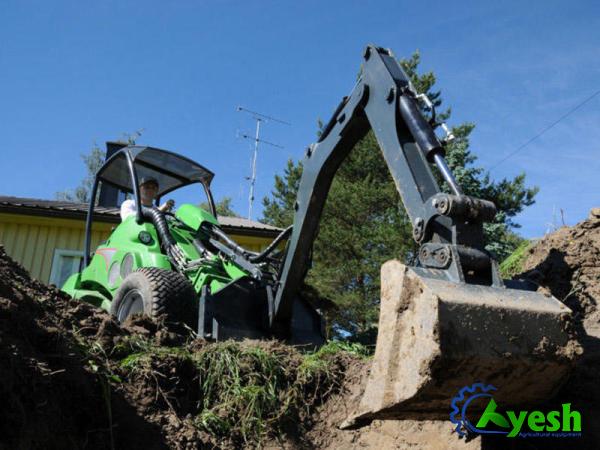
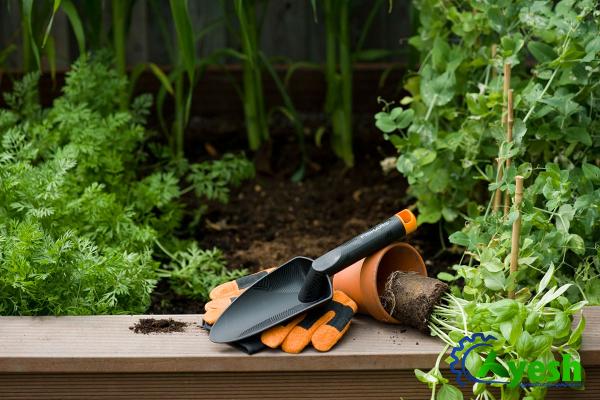
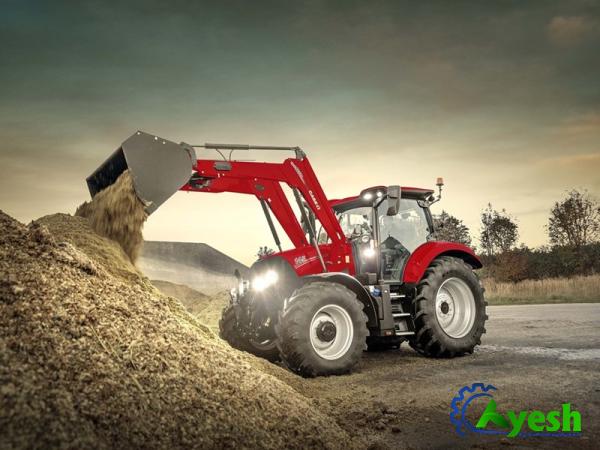
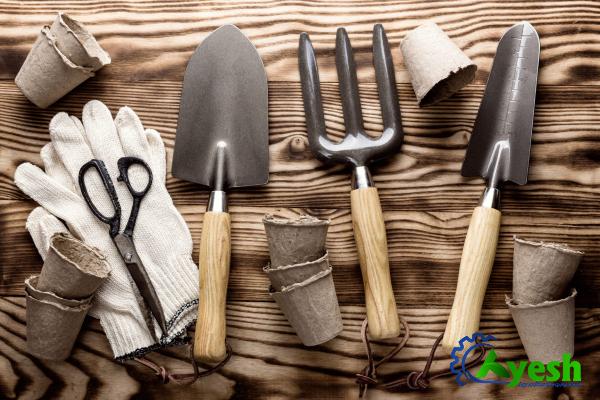
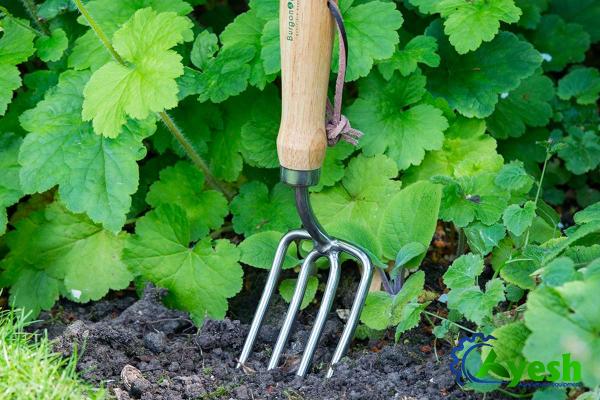
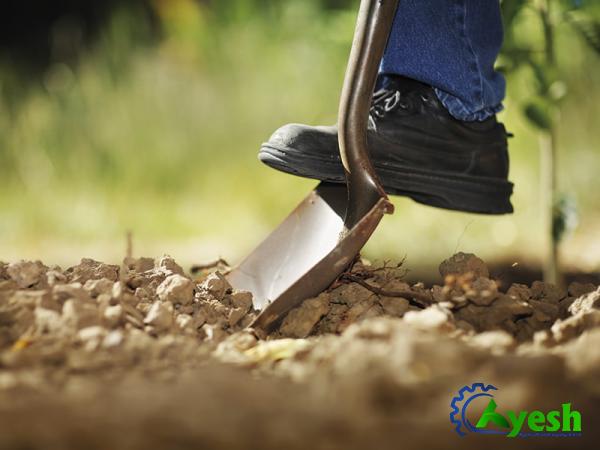
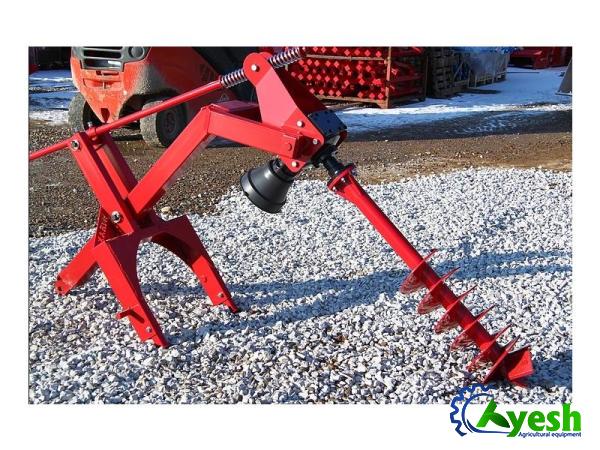
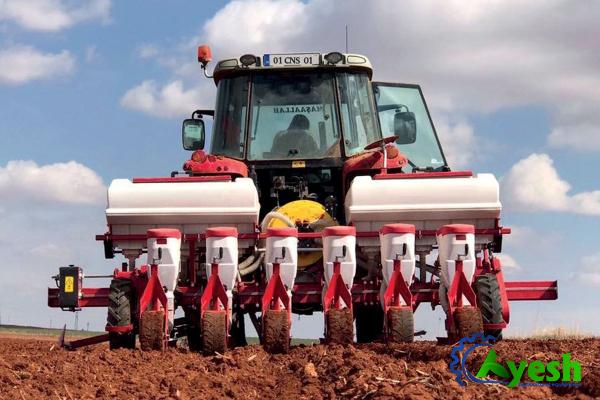
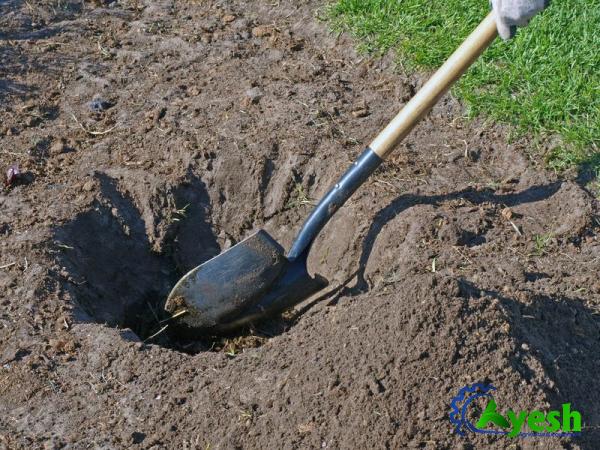
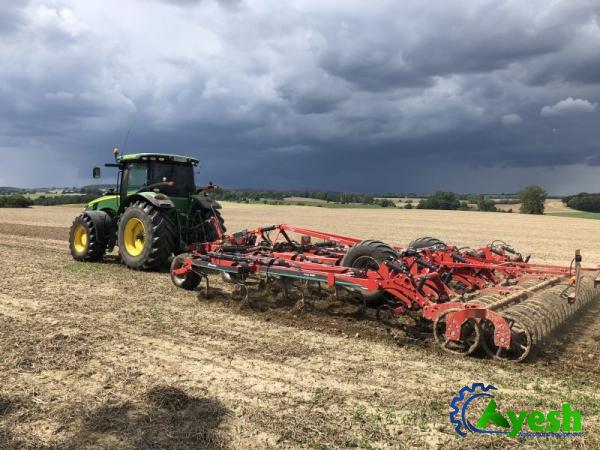
Your comment submitted.